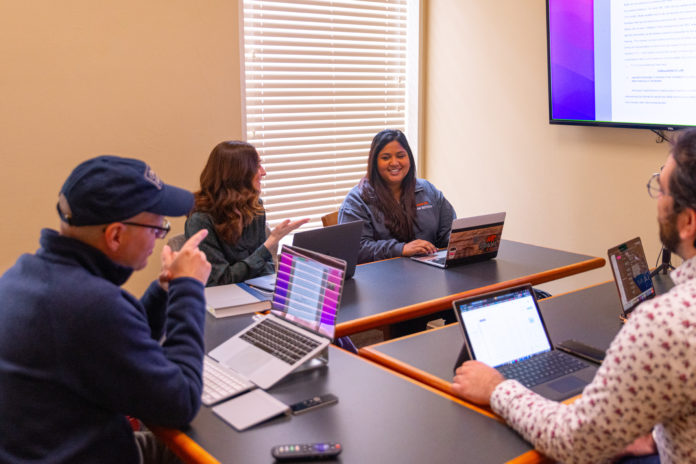Elliza Guta wrote legal briefs and petitions and helped prepare written and oral arguments that went before the Georgia Supreme Court — all while a student at Mercer Law School.
The work Guta contributed through the school’s Habeas Project resulted in a substantial reduction in a prisoner’s sentence. Now a Class of 2022 graduate, she will carry those legal skills and experiences representing clients in need into her first job as a law clerk.
For more than 15 years, the Habeas Project has been bridging a gap in legal assistance in Georgia while giving students experience working with real clients and cases.
“The Habeas Project facilitates access to justice and goes to a core commitment of Mercer lawyers to serve,” Mercer Law School Interim Dean Karen Sneddon said. “I am proud of the commitment, diligence and care that the students and professors show with their work in the clinic.”
The program was founded by Sarah Gerwig in 2006 after she joined the school’s faculty, and the clinic has provided representation for about 80 cases since then.
Georgia’s public defender system, created in 2003, does not provide an infrastructure for representing clients in habeas corpus proceedings, which are part of Georgia’s constitutional and statutory framework, said Brian Kammer, director of the Habeas Project since summer 2019.
“Habeas corpus is a legal writ that is available to all prisoners after they have been convicted and sentenced,” said Kammer, who has represented Georgia death-sentence prisoners in habeas corpus proceedings since 1996, including as executive director of the Georgia Resource Center for a decade prior to coming to Mercer. “It’s a civil action where the prisoner … alleges that the criminal process or sometimes other kinds of processes that put them in confinement was unfair/unconstitutional and that they must be released.
“It has become a vehicle for exposing serious errors in capital trials especially, often resulting in exoneration or other showings that the trials were unfair, flawed or unconstitutional.”
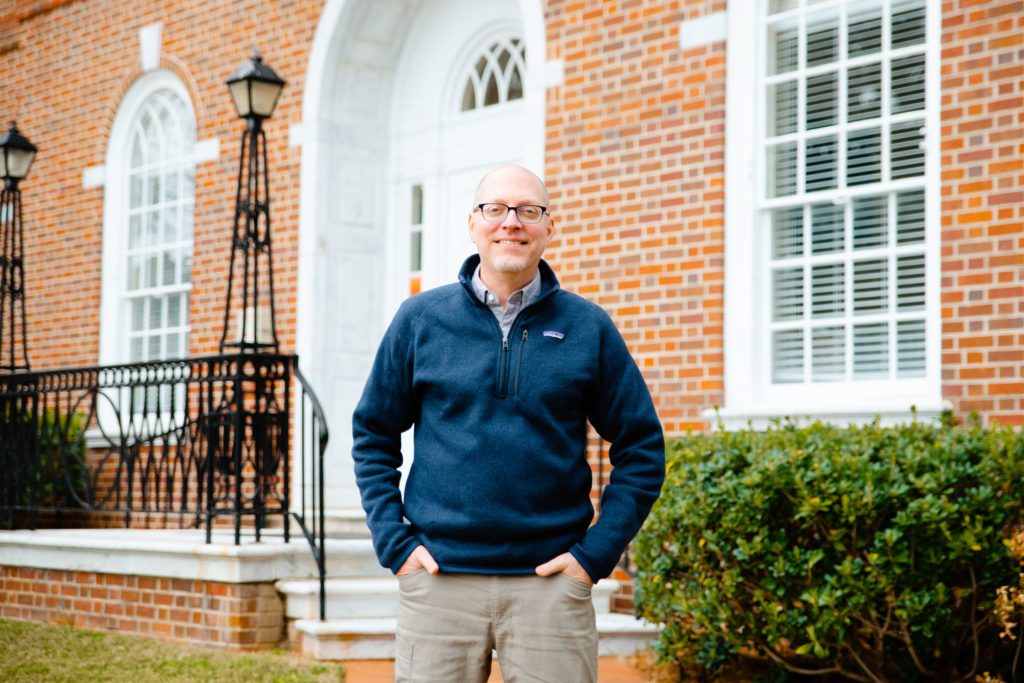
A habeas corpus proceeding allows the prisoner to present evidence that may not have been shown during the trial, such as evidence of innocence or poor lawyering, or information that may have made a jury more sympathetic at a capital sentencing, Kammer said.
As a public defender in Atlanta in the early 2000s, Gerwig was getting a lot of requests to help with cases where prisoners felt their claims had not been heard, or they had not had effective counsel, she said. A lot of these habeas corpus cases were making it to the Georgia Supreme Court with prisoners representing themselves, where their lack of training and resources put them at a real disadvantage.
So Gerwig approached Emory University, where she had gone to law school, with the idea of working with law students to cover these types of cases, and she started the Habeas Project as an adjunct professor there. When a position opened at the Law School of Mercer University — where she earned her bachelor’s degree in English — to start a public service law program, Gerwig brought the clinic to Mercer, where it really took off.
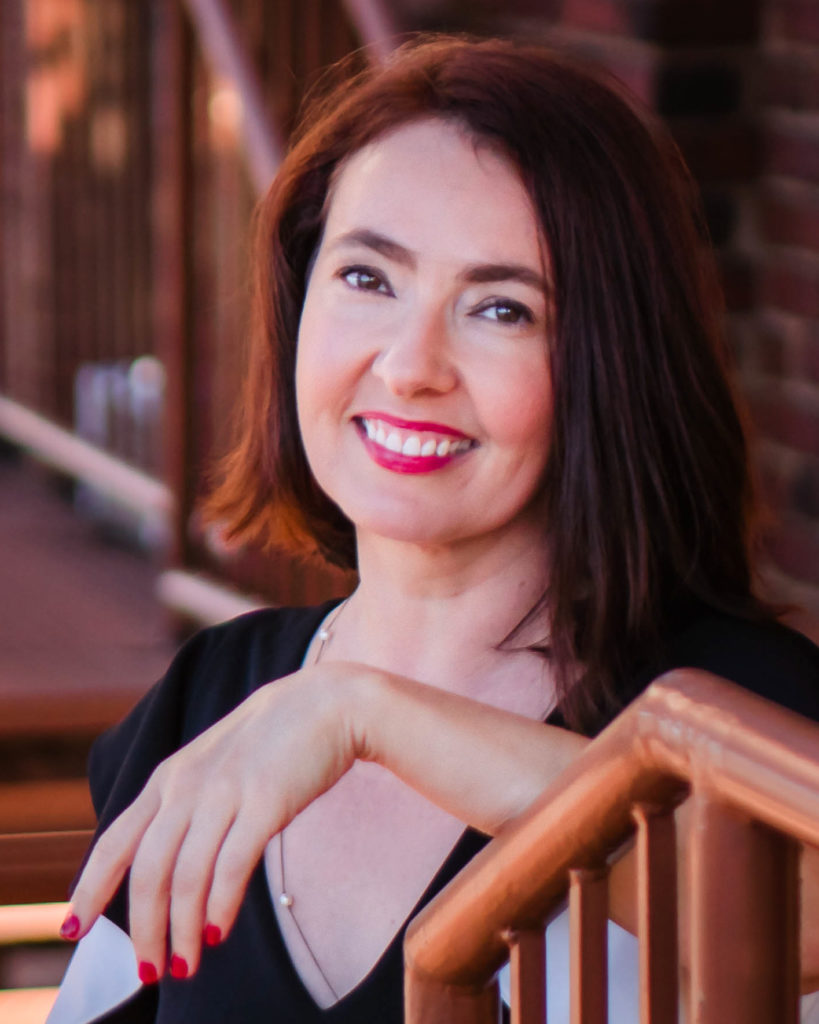
“To me, this was an opportunity to fill a need that nobody else was filling. The next piece was this kind of radical notion that you should teach lawyers by actually having them practice with clients,” said Gerwig, who directed the clinic until she became associate dean for academic affairs in 2019. “It seemed like the perfect fit to marry this unmet legal need with this unmet pedagogical need.”
The Habeas Project takes on noncapital, post-conviction cases on a pro bono basis, the only program in Georgia to do so. Each year, five to eight third-year Mercer Law School students are chosen for the clinic through a competitive application process, Kammer said. They are involved in multiple cases at a time and generally work on at least a half dozen during the year with clients across the state.
“We know — from all the stories about how compromised and perhaps flawed and broken our criminal justice system is — that there are a lot of people who may be innocent or otherwise have been wrongfully convicted,” Kammer said. “The idea that they don’t have any real recourse in terms of legal assistance is troubling. That’s the gap that the Mercer Habeas Project tries its best to fill.”
Research is a big part of the students’ role. When they get cases from the state Supreme Court, they scrutinize and organize records and trial transcripts, review documentary exhibits, draft briefs, and do mock trials or “moots” to prepare for oral arguments. Prior to the COVID-19 pandemic, students also visited their clients in prison.
“They get to have the idea of prisons and prisoners demystified. Students come to see their clients as human beings,” Kammer said. “Prisoners really appreciate when they’re being fought for. That’s a small victory in itself. It’s a lesson in how people need to feel like someone is on their side.”
On appeal, Kammer argues the cases before the Georgia Supreme Court, but his students assist in everything leading up to that. A rule enacted last year allows students to argue before the Supreme Court under supervision, and Kammer anticipates that students will be able to take advantage of that in future cases.
Through the Habeas Project, students grapple firsthand with concepts of crime and punishment, justice and public safety, as well as the realities of issues involving poverty and race. They learn how to be allies to clients who may have mental health issues and backgrounds of trauma and chaos, as well as how to best help and represent them.
“I think those are absolutely crucial things for rising new lawyers to be exposed to. If you go into the legal world without having any kind of that experience, you’re at a disadvantage. I enjoy being able to shepherd students through those experiences,” Kammer said. “They get to grapple with real world legal problems that aren’t manufactured by the professor as a test case.”
The most recent victory for the Habeas Project came this summer, when the Georgia Supreme Court granted habeas relief for one of the project’s clients, vacating an erroneously imposed felony aggravated assault charge. In essence, early court proceedings erred in counting two charges that should have been merged as one. The work by the Mercer team, in collaboration with the client, resulted in the probation portion of his sentence being reduced from 25 to five years.
“That’s two decades of probation eliminated,” Kammer said. “Probation is a burdensome sentence all on its own. It can severely limit one’s life chances, so to get our client out from under probation in five years is a victory.”
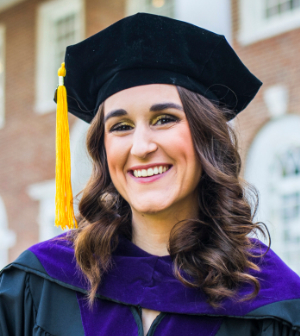
“It was a really cool experience because I got to do it all from start to finish,” said Guta, who in August began a clerkship under Mercer Law alumnus and Judge Marc Treadwell in the U.S. District Court for the Middle District of Georgia. “Our client was very helpful, and he was very knowledgeable. It was great to help him across the finish line because he had already done so much of the work on his own.”
Victories like this show students that the skills they’re developing can impact someone’s life for the better, which is extremely powerful.
“There are so many little problems that people deal with in our society that could be remedied if they only knew the ins and outs of the legal system and which paperwork to file and who to contact, and that’s something that lawyers can specialize in that helps others,” Kammer said. “We’re trained to learn this bureaucratic system. It’s a way of giving your clients a face in this otherwise faceless bureaucracy. Lawyers can pull certain levers and make things happen within this system that are beneficial.”’
It’s incredibly fulfilling to see clients get out of prison and help them re-enter society, Gerwig said.
“It’s been a joy to work with our clients. Many of our students have been deeply moved by the opportunity and the experience,” Gerwig said. “That human connection is the most valuable and rewarding part of teaching, and it’s the most valuable and rewarding part of practicing.”
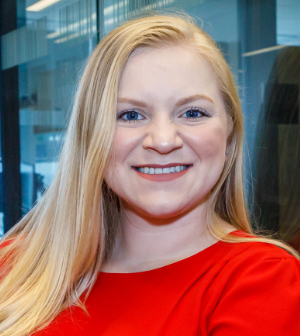
Meagan Hurley, a 2019 Mercer Law graduate, and 2020 graduates Chelsea Henderson and Lyra Foster said the Habeas Project was one of the reasons they were drawn to Mercer Law School.
Henderson said the clinic sets Mercer apart and offers a unique and valuable experience for students. In her first job out of law school, she did legal research and writing, including for federal habeas proceedings, as a term staff attorney for the 11th Circuit Court of Appeals. In June, she became an associate in the labor and employment practice group at Troutman Pepper in Atlanta.
“As a starting attorney, I was able to say I had experience altering parole decisions,” she said. “I was able to come into the job that I have now with actual knowledge of Georgia habeas law. (The clinic) gave me a step up on being able to go onto different teams in my office at a different pace.”

With interests in social justice and a passion for criminal justice reform, Foster came into law school knowing she wanted to be involved in the Habeas Project. At Mercer, she gained public service experience, and that remained important to her as she entered her career. Foster is now a defense litigation attorney at Dennis, Corry, Smith & Dixon in Atlanta and also represents transgender people post-conviction on a pro bono basis.
“Mercer has always emphasized giving people practical experience,” Foster said. “I had a lot of practical experience, and then Macon has a lot of unfilled needs as far as the nonprofit space. I got to do things as a law student under the student practice act and with the Habeas Project that I never would have gotten to do in Atlanta because there are lawyers to fill those needs. That shaped what jobs I felt comfortable applying for and what priorities I had.”
Hurley reported on crime, courts and social justice issues as a journalist for a few years before law school, which sparked her interest in indigent defense work and led her to Mercer Law. She interned at the Georgia Innocence Project (GIP), a nonprofit law office that specializes in post-conviction work on behalf of wrongfully convicted people, before her second year of law school, which served as a primer for her work with the Habeas Project.
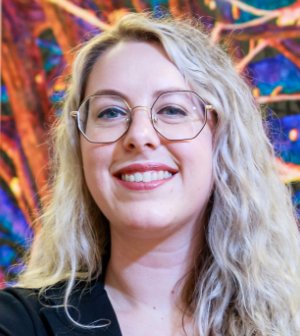
Her collective experiences as an intern with GIP and a participant in the Mercer clinic then helped her land a job with GIP out of law school. She now represents wrongfully convicted people in Georgia post-conviction proceedings as GIP’s accountability counsel.
“I think the Habeas Project was the best part of my law school experience: learning the law and the procedure, getting to know the client, getting inspired to continue this work, but also just learning to work as a team. I think that camaraderie was really special,” Hurley said. “The clinic exposed me more to people and some of the injustices they face. I really got to connect with clients. I can’t even begin to tell you how meaningful that experience was for me.”
Guta said she went to law school so she could advocate for people who don’t have a voice, and the Habeas Project was a meaningful way for her to give back and serve. She was the youth relationship violence program director at Crisis Line & Safe House of Central Georgia as an undergraduate student at Mercer, and she was a disability rights section intern for the U.S. Department of Justice’s Civil Rights Division in summer 2021. She is interested in doing civil rights litigation and indigent defense work in the future.
“The Habeas Project is one of Mercer’s best projects,” Guta said. “It helps people in need who have real claims that have merit and gives them that extra help. It also gives students a great experience. It’s a win-win for the clients and the students.”
The Habeas Project is not the only project at Mercer Law School through which students can gain practical experience. There are currently an asylum and immigration appeals clinic, a low-income tax clinic and a public defenders externship, as well as many other externship programs. A corporate counsel externship program was just started, and domestic violence and consumer bankruptcy clinics are in the works.
This story appears in the fall 2022 edition of The Mercerian.

